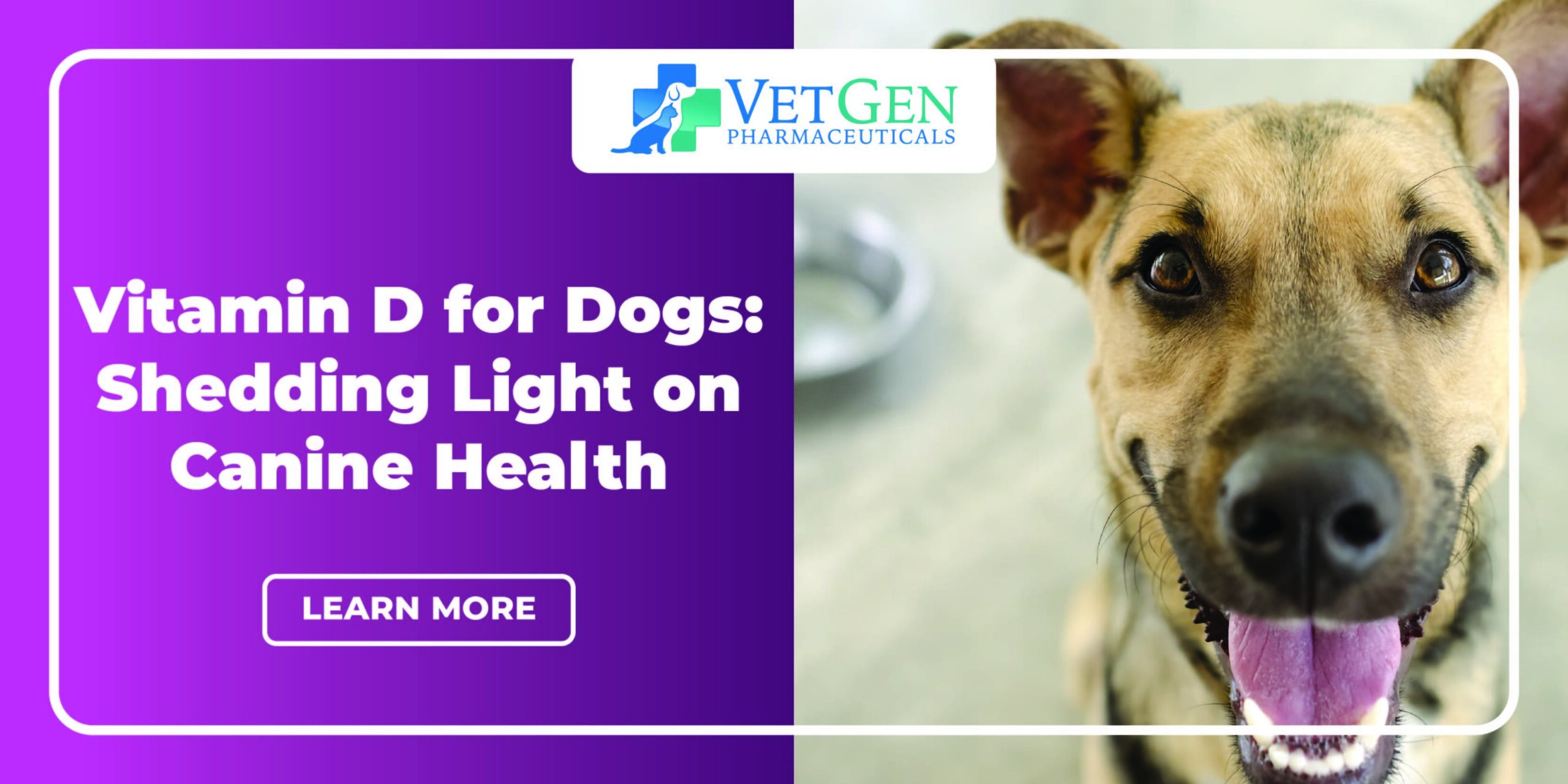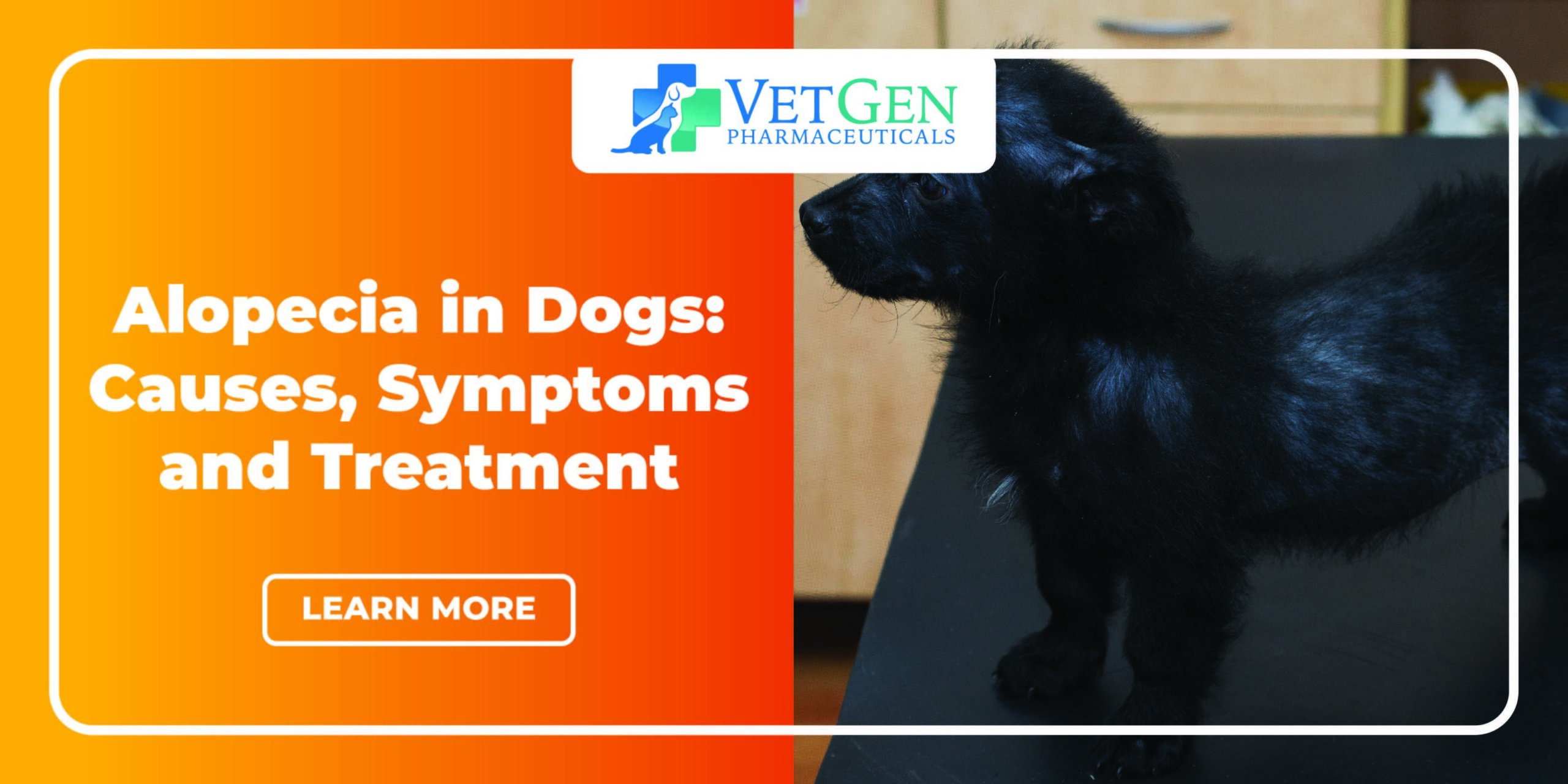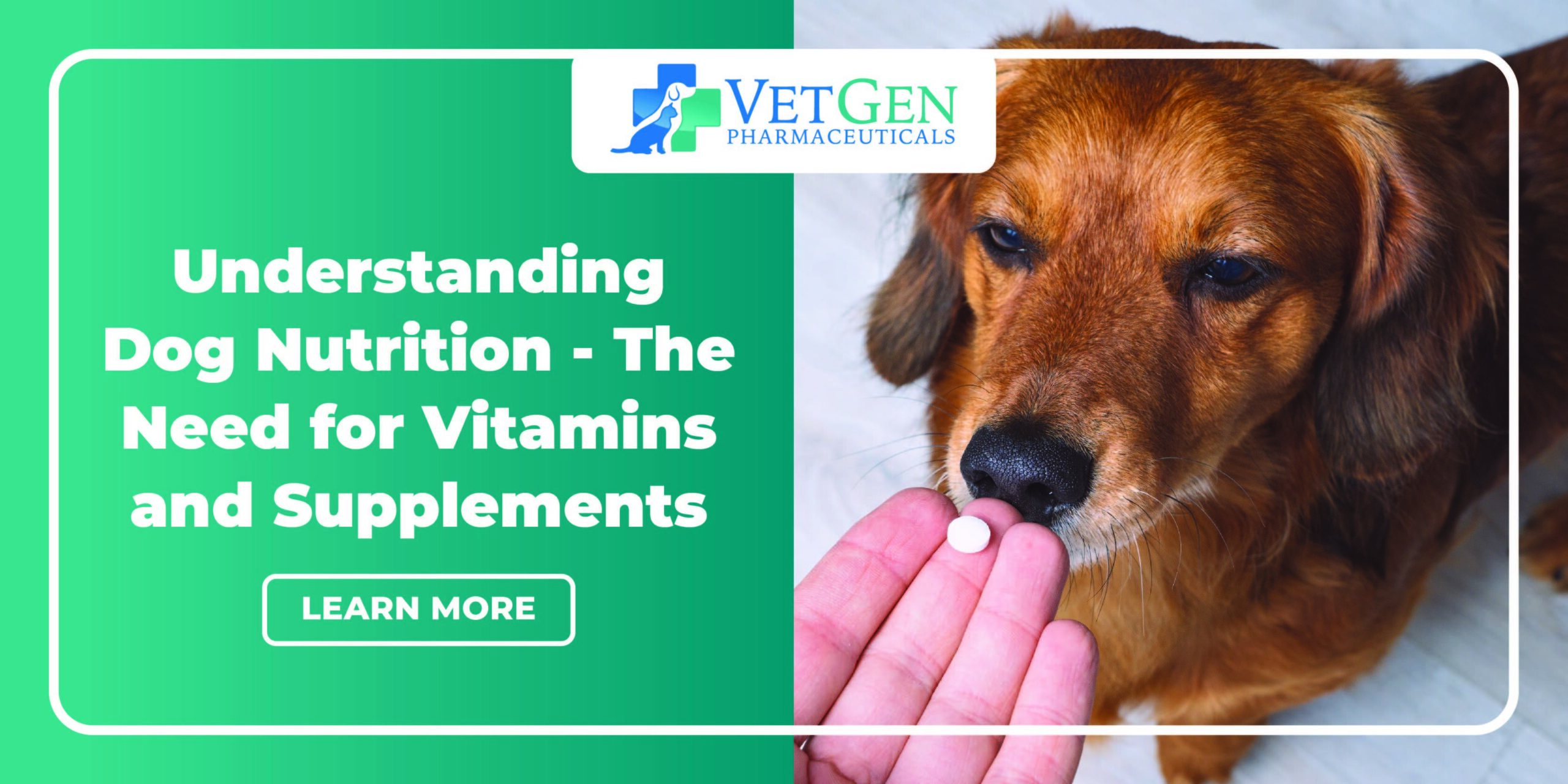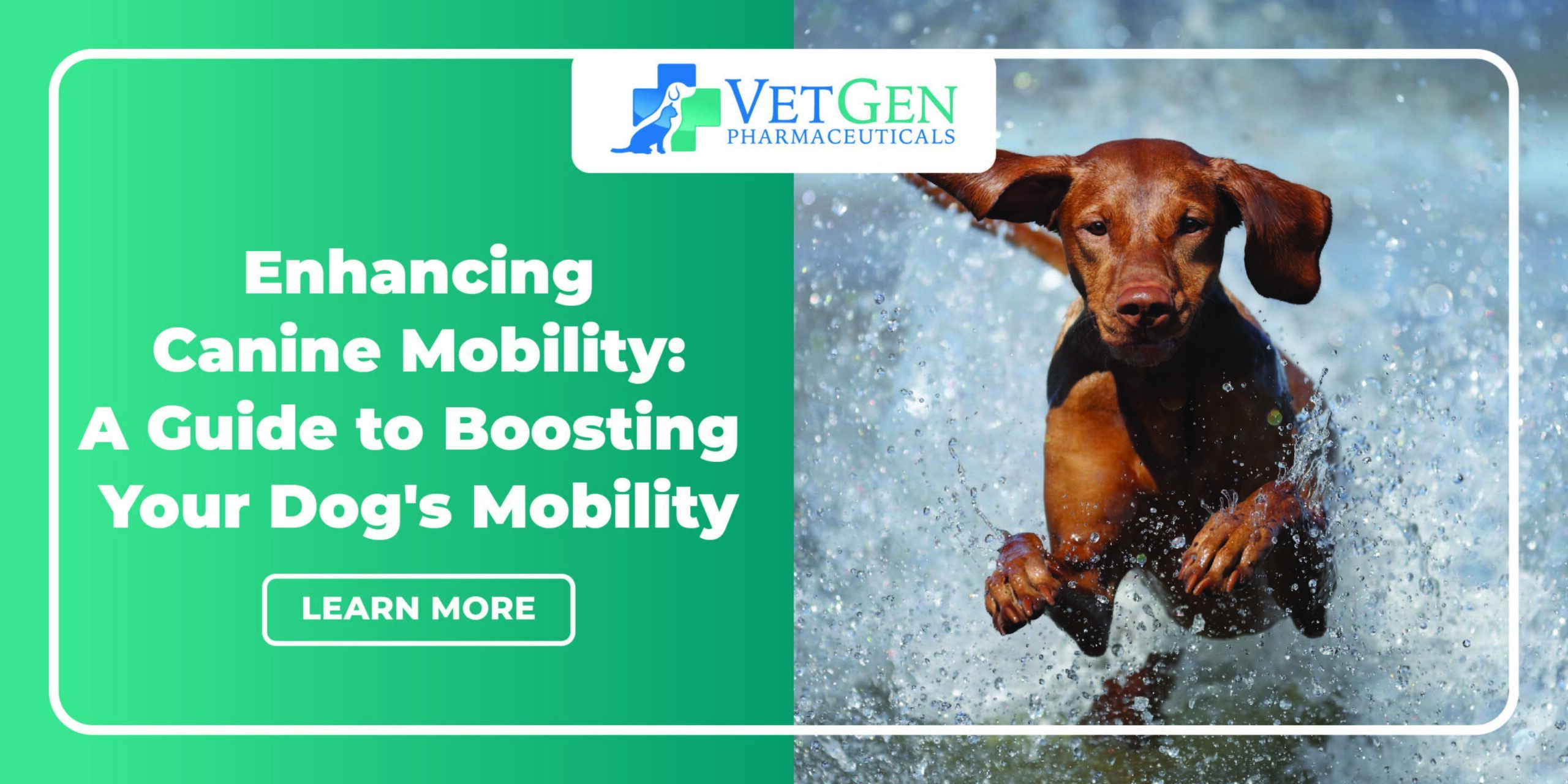Table of Contents
Vitamin D is super important for our furry friends, playing a big role in keeping them healthy and happy. It keeps their bones strong, their muscles working right, and their nerves firing as they should.
But dogs can’t just soak up the sun to get their share like we do; they need to munch on the right foods. It is not just about bones; it aids their immune system, helps their cells grow properly, and keeps their hearts ticking nicely.
So, if you are wondering, How do I add vitamin D to my dog’s diet? What food has vitamin D for dogs? We’ve got you covered! Getting the balance right is key because too little or too much can cause serious trouble. With not enough of it, you might have a pup with weak bones or even rickets.
But on the flip side, too much of it can lead to Vitamin D toxicity in Dogs, with symptoms like vomiting, diarrhea, and even kidney failure in bad cases. So, it’s all about hitting that sweet spot! Knowing the source, making sure they get just the right amount, and being able to spot the signs if things are off. It’s a big part of keeping your dog bouncing around and full of life.
Importance of Vitamin D for Dogs
Bone and Teeth Health in Dogs
It is crucial for dogs to regulate the balance of calcium and phosphorus in their bodies, which is essential for maintaining strong bones and healthy teeth. This ensures dogs can enjoy physical activities without risk of injury.
Muscle Function in Canine
It is vital for optimal muscle function, enabling dogs to move smoothly and with agility. It also supports the contraction and relaxation of muscles, which is important for mobility and overall Dog health.
Immune System Support for Dogs
Vitamin D boosts the immune system, helping your furry friends fend off viruses and bacteria. A healthy level of it contributes to a robust immune response, protecting dogs from various diseases.
Cell Growth and Repair
It aids cell growth in dogs and repair, ensuring tissue damage heals properly. This nutrient is crucial for the body’s ability to regenerate and maintain itself, promoting overall health and longevity.
Heart Health in Dogs
It benefits cardiovascular health, supporting a healthy heart and circulatory system. It helps to reduce the risk of heart issues, allowing dogs to lead more active and energetic lives.
Dietary Requirement in Dogs
Unlike humans, dogs cannot synthesize Vitamin D from sunlight and must obtain it through their diet. Therefore, providing a balanced diet that includes adequate amounts is essential.
Dog Mental Health
According to journals like the Journal of Veterinary Internal Medicine and Veterinary Research Communications, Vitamin D is thought to influence mood and cognitive function in dogs, much like it does in humans. Adequate levels of it are associated with better mental help, reducing the risk of depression and anxiety-like behaviors.
Sources of Vitamin D for Dogs
Natural Sources of Vitamin D for Dogs
Fatty Fish:
Salmon, mackerel, and sardines naturally boost your dog’s intake and provide beneficial omega-3 fatty acids.
Beef Liver:
A nutrient-dense food containing moderate amounts of It and other vital nutrients like iron and protein.
Egg Yolks:
Another natural source, egg yolks provide Vitamin C and are easy to add to your dog’s diet, though they should be cooked to avoid the risk of salmonella.
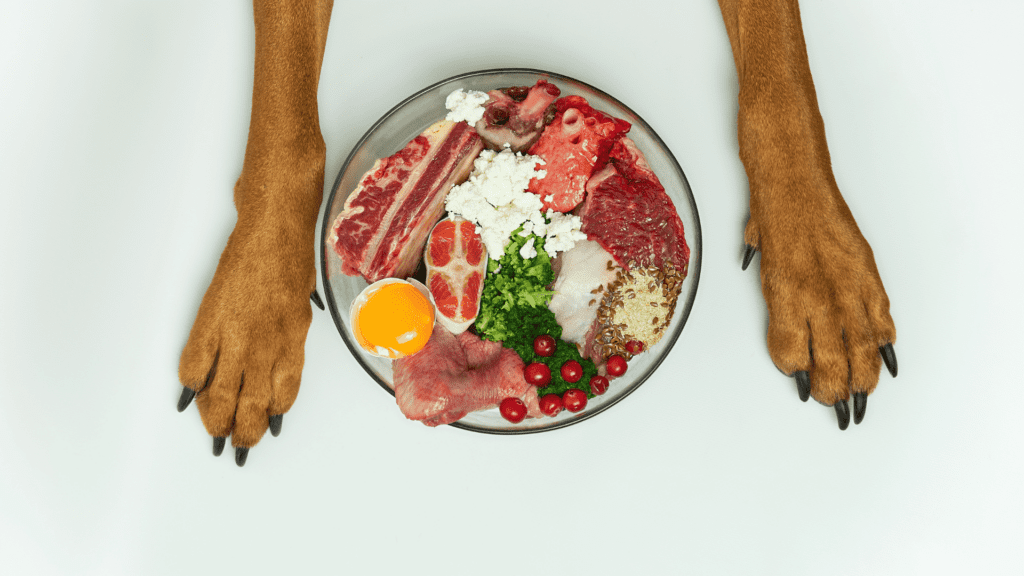
Vitamin D in Commercial Dog Foods
Formulated Balance for dogs:
High-quality commercial dog foods, including adequate Vitamin D levels, are specifically formulated to meet your dog’s nutritional needs.
Fortified Options:
Some dog foods go further by fortifying their products with additional vitamins to ensure pets meet their daily requirements.
Label Transparency:
Look for dog foods with clearly listed contents that follow the Association of American Feed Control Officials guidelines for canine nutrition.
Safe Vitamin D Supplements for Dogs
Veterinarian Recommended:
Before giving your dog any supplements, consult a vet to determine the appropriate type and dosage based on their specific health needs.
Purpose-Formulated Products:
Use pet-specific supplements rather than those intended for humans to ensure safety and correct dosing.
Signs of Vitamin D Deficiency in Dogs
Spotting the signs of Vitamin D deficiency in our furry friends is important. Catching these signs early can help dodge some bigger health problems down the line. Here are a few things you might notice if your dog isn’t getting enough:
Muscle Weakness:
Lethargy or reluctance to move, play, or engage in activities they once enjoyed could indicate muscle weakness associated with Vitamin D deficiency.
Bone Pain or Tenderness:
Dogs might show discomfort or pain when certain areas are touched or moving.
Frequent Fractures:
A tendency to suffer from bone fractures more easily due to weakened bones.
Poor Growth:
In puppies, deficiency can lead to poor growth and development.
Dental Issues:
Delayed tooth eruption or poor dental health can also be symptoms.
Long-term Health Risks with Vitamin D Deficiency in Dogs
Rickets:
This condition affects bone development in young dogs, leading to soft and weak bones, skeletal deformities, and overall poor growth.
Osteomalacia:
In adult dogs, Its deficiency can lead to osteomalacia, a condition characterized by bone softening that can cause bone pain and fractures.
Increased Susceptibility to Infections:
It is important for the immune system. A deficiency may increase the risk of infections.
Chronic Kidney Disease in Dogs:
Evidence suggests a link between Vitamin D deficiency and the progression of chronic kidney disease in dogs.
Cardiovascular Issues in Dogs:
It is involved in heart health; deficiency may increase the risk of heart-related problems.
Vitamin D Toxicity in Dogs
Vitamin D toxicity in dogs occurs when a dog has ingested too much of it. This can happen due to overdosing on its supplements, accidental ingestion of rodenticides containing Vitamin D, or consuming pet food that has too much Vitamin D due to a manufacturing error. Vitamin D is essential for dogs, but in excess, it can lead to hypercalcemia (high calcium levels in the blood), causing various health issues.
Symptoms of Vitamin D Toxicity in Dogs
Loss of Appetite:
Dogs may suddenly seem uninterested in their food.
Vomiting and Diarrhea:
These are common signs and can include blood in severe cases.
Excessive Thirst and Urination:
Indicative of kidney problems that can arise from toxicity.
Weakness and Lethargy:
Dogs may appear unusually tired and reluctant to move or play.
Drooling:
More than usual, which can be a sign of nausea or pain.
Treating Vitamin D Toxicity in Dogs
Immediate Veterinary Care
Needed if you suspect your dog has toxicity. Treatment strategies include:
Inducing Vomiting:
If the ingestion was recent, the vet might induce vomiting to prevent further absorption.
Intravenous Fluids (IV):
To support kidney function and help flush excess calcium out of the body.
Medications:
Diuretics are used to help eliminate calcium, and steroids are used to reduce calcium absorption from the gut.
Dietary Management:
Feeding a low-calcium diet during recovery might be recommended.
Conclusion
If you’re ever in doubt or thinking about supplementing your pup’s vitamin D, chat with your vet first. They’ll steer you in the right direction to keep your pup’s tail wagging and bones strong. Keep it simple, keep it safe, and you and your furry pal will be just fine. Visit us to learn more about your Dog health.
Frequently Asked Questions
Can I give my dog human vitamin D?
No, It’s not advisable to give your dog human supplements without veterinary guidance. Dogs have specific dietary needs, and the amount of vitamin D in human supplements can greatly exceed what is safe for a dog. Excessive ingestion can lead to toxicity, causing serious health issues such as kidney failure.
What is the dosage of vitamin D in dogs?
According to the study conducted by Whole Dog Journal, dogs require a minimum daily dose of 227 IU of vitamin D per kilogram of dry food, with doses above 2,700 IU/kg considered toxic. For health maintenance, vitamin D levels in dogs should ideally fall within the range of 60 to 215 nmol/L (or 24 to 86 ng/mL), but needs can vary based on health conditions and diet.
Do dogs need sunlight for vitamin D?
Dogs do not rely on sunlight for their vitamin D needs as humans do. Dogs obtain it primarily through their diet, as they cannot efficiently synthesize it from sunlight. It must be provided in their food for proper absorption and utilization.


